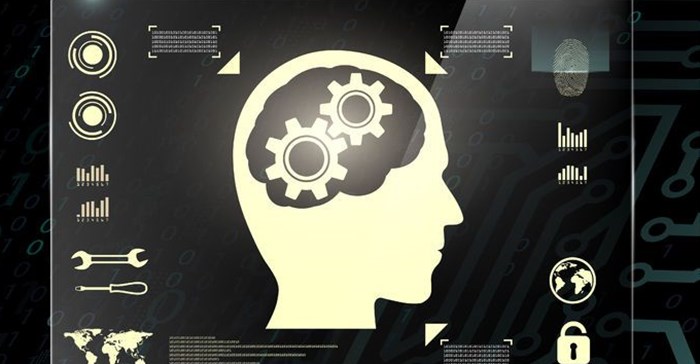
Top stories





ESG & SustainabilityEngen partners with Palesa Pads to provide reusable pads to hundreds of South African school girls
22 minutes

More news























Bryan Yeager, research director, Gartner for Marketers says: “AI has the potential to transform the practice of marketing in significant ways over the next decade-plus. As hype intensifies, marketing leaders must exercise patience, persistence and long-term thinking in how they approach the use of AI.”
AI will power insight, intuition and scale to help marketers realise the long-held desire of building individualised, contextual relationships with each prospect and customer. Although several years away from being realised by even the most advanced marketers, the long-term effects of AI should not be underestimated.
According to a 2017 Gartner Research Circle survey, most organisations are investigating or developing a strategy for how AI will apply to their business. Customer engagement and digital marketing stand out as top areas where enterprises are running early AI experiments. An array of noteworthy applications used today will grow in prevalence over the next several years:
Connect with other leaders in your organisation to ensure everyone has the same level of understanding of current AI projects. Prioritise inventorying and sharing data resources.
Focus near-term AI initiatives on data-centric, time-intensive marketing challenges. Predictive and prescriptive analytics that improve accuracy over time or testing and optimising thousands of different data and content variables are potential initial use cases.
The topic of AI in marketing and other verticals will be more broadly covered at the Gartner Symposium in Cape Town from 17 to 20 September.